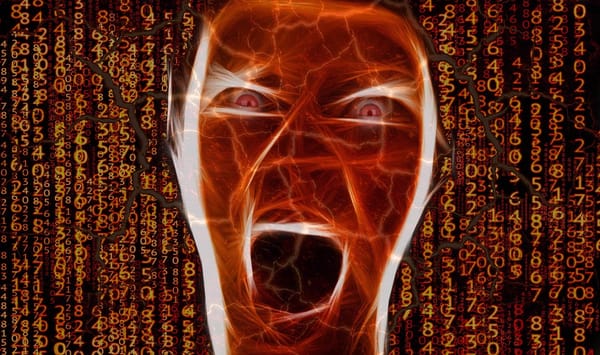Newsletter
Latest

Mental Health
Alexithymia and Autistic Burnout: Too tired to feel it
Autistic burnout is perpetually a hot topic (pun intended) within the Autistic community. From the earliest stages of our discovery journey through to the people who are seasoned veterans of the neurodiversity movement; burnout is an issue prevalent for any Autistic person currently in existence. Unfortunately, we often use observational
Newsletter
Autistic Parenting: Supporting our Autistic children’s mental health when services won’t

Trauma
Autistic Parenting: Supporting our Autistic children's mental health when services won't
This article was co-authored by David Gray-Hammond and Katie Munday There is an ongoing crisis in services such as Child and Adolescent Mental Health Services (CAMHS) when it comes to Autistic young people's mental health. Failing to support our Autistic young people can have a big impact on
Newsletter
I was an Autistic psychiatric inpatient: Here’s what I would change in the mental health system

Neurodiversity
I was an Autistic psychiatric inpatient: Here's what I would change in the mental health system
Autistic people are exposed to inordinately high rates of trauma and mistreatment. It is unsurprising then that a large portion of us develop mental health struggles. Where there are concerns around mental health, there are also issues regarding inpatient treatment, both voluntary and involuntary, under the UK's Mental
Newsletter
Why is the Autistic community so important for Autistic people?

Neurodiversity
Why is the Autistic community so important for Autistic people?
Autism is often conceptualised as a condition which nullifies a person's ability to socialise. Because of this, Autistic people are often viewed as asocial and devoid of community. Despite this, the Autistic community is a rich and vibrant place with a sociality all of it's own
Newsletter
Hyper-empathy, mirror-touch synesthesia, and the Autistic experience of pain

Autism
Hyper-empathy, mirror-touch synesthesia, and the Autistic experience of pain
Autism is often conceptualised as a neurocognitive style that leaves a person entirely more concerned with their needs than the needs of others. Autistic people, in particular (when compared to attitudes around non-Autistic people), are often positioned as lacking emotional and cognitive empathy. However, for some Autistic people, their experience
Newsletter
The NHS wants to put surveillance equipment in psychiatric wards: Here’s what’s wrong with that

Mental Health Treatment Rights
The NHS wants to put surveillance equipment in psychiatric wards: Here's what's wrong with that
Psychiatric wards are a challenging environment for patients. Staff often forget that they work where a person is very often forced to live for an extended period of time. At the best of times, patients on psychiatric wards can feel very restricted, with some being monitored on a one-to-one basis
